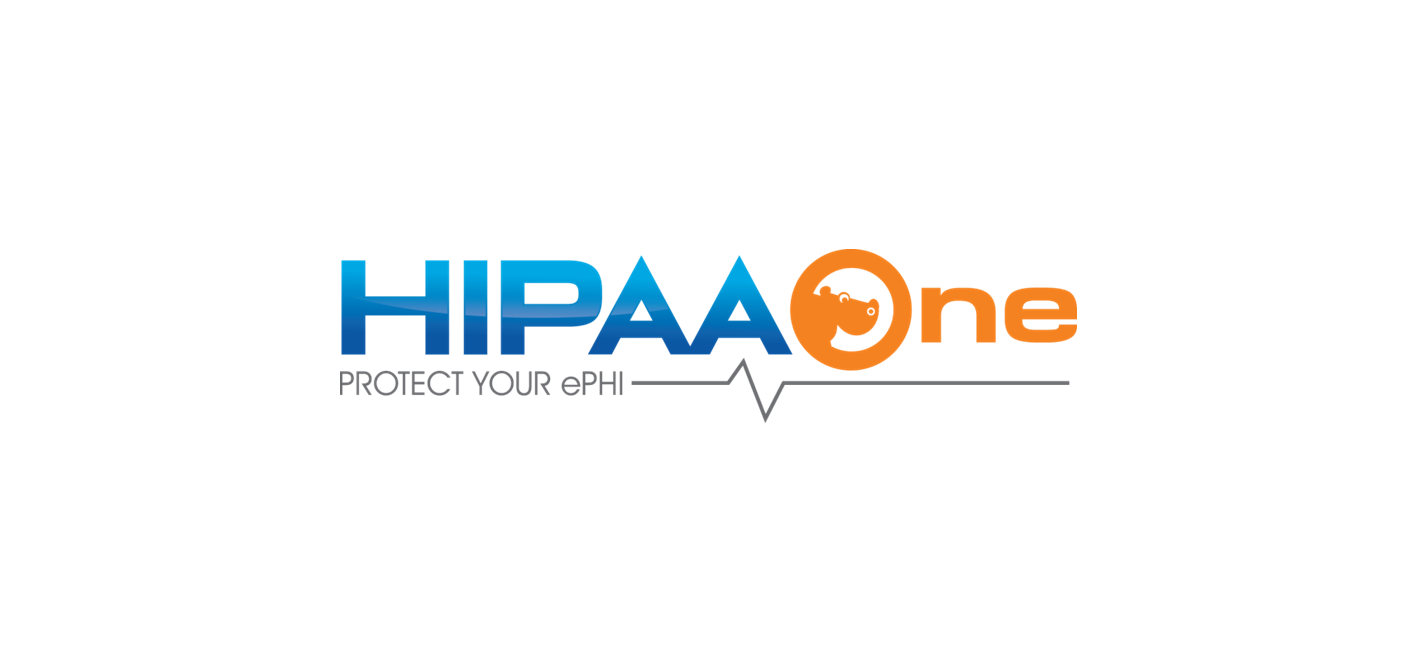
Thank you to our partners at HIPAA One for providing this useful post!
HIPAA laws can be complex and challenging, but they are also increasingly critical for healthcare practices to understand and be in compliance. As more of your practice becomes digital in one form or another—electronic health records (EHRs), remote patient monitoring, practice management systems, medical billing software—your risk of a breach increases.
Regardless of the size of your practice or facility, your organization will benefit from HIPAA Compliance. HIPAA Compliance helps address security issues before they happen. Multi-factor authentication, encryption, and telework preparation are all security measures that will help your organization prevent breaches. The future of health care is moving in a technological direction, and these security safeguards are essential; perhaps now more than ever.
Your Responsibility Under HIPAA
The Health Insurance Portability and Accountability Act (HIPAA) provides the standards for lawful use and disclosure of protected health information (PHI). That includes anything that can be used to identify a patient or a client in an organization that is subject to HIPAA laws, including names, addresses, Social Security numbers, medical records, financial information, and video or photographs where a person can be identified.
Under HIPAA you must:
• Conduct annual audits to assess gaps in security or compliance
• Create remediation plans if you identify any risks or gaps
• Develop policies and procedures for how to comply with HIPAA, keep them properly updated, and train staff annually
• Document all efforts related to HIPAA compliance, and produce them in the event of an audit
• Document all vendors that have access to PHI, and execute legally binding Business Associate Agreements (BAAs)
• Create a process by which patients will be notified if a breach occurs
Preparing for an Audit
A security risk analysis will help determine where your organization is most vulnerable and will prepare you to pass a HIPAA audit. HIPAA One provides state-of-the-art software and professional auditors services to ensure you achieve and maintain HIPAA compliance. This process has been streamlined to make things easy for you. With HIPAA One, preparing for your audit doesn’t need to be a stressful and laborious experience.
Benefits Beyond Just Passing Your Audit
While the ultimate goal of HIPAA compliance is to prepare to complete the yearly audit, additional benefits of being committed to HIPAA compliance include:
• Creating a Culture of Compliance where appropriate handling of PHI and ePHI is a priority.
• Increasing organizational reputation that will build trust and patient loyalty.
• Improved training within the organization, which will allow employees to understand what is expected of them. This creates happier employees and a happier organization overall.
• Increased data and ePHI security, preventing breaches and HIPAA enforcement.
• Avoiding large fees and other costly penalties.
HIPAA compliance is more crucial than ever for the security of your organization, so don’t wait for the deadline! If you are unsure where to begin when it comes to HIPAA compliance, reach out to our partner HIPAA One and talk with one of their Auditors today.


Comments are closed